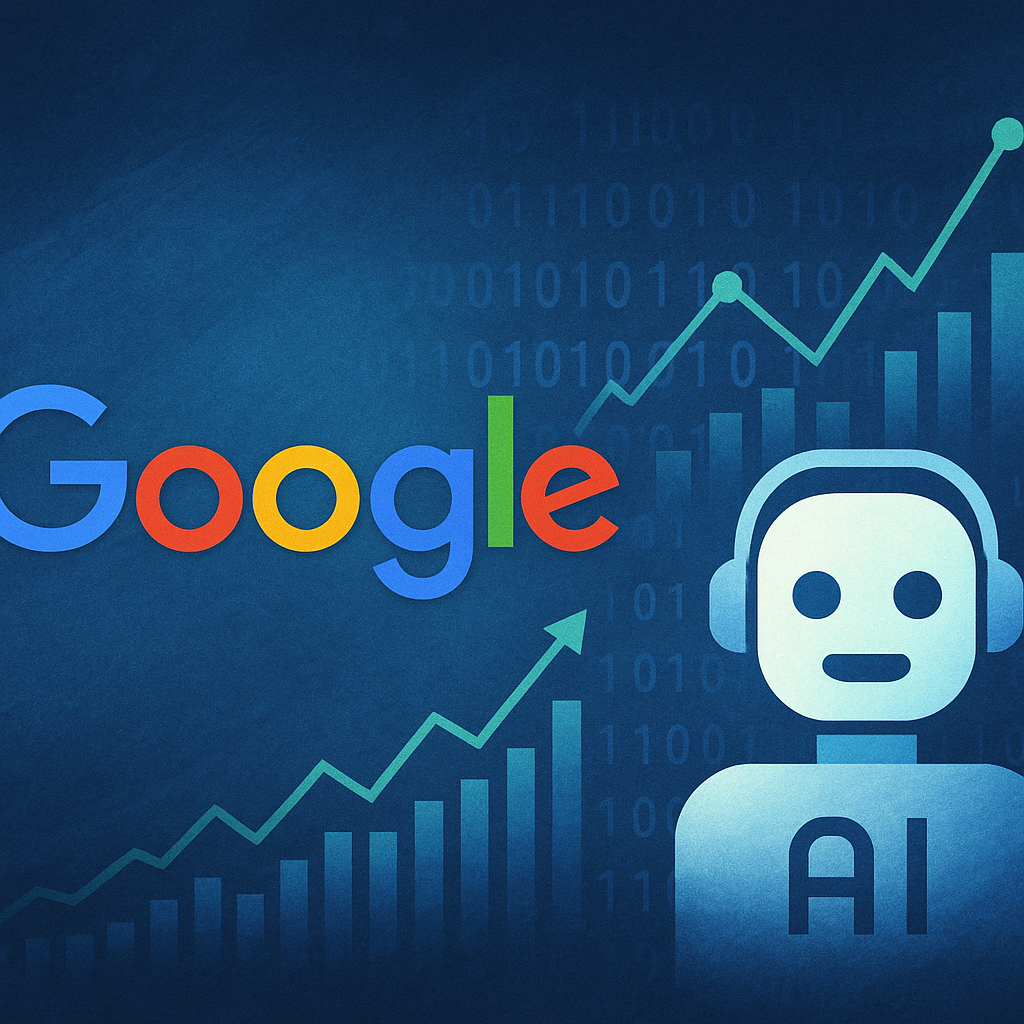Google walked away with a partial victory in its long-running antitrust battle. A federal judge ruled the company can keep its Chrome browser, rejecting the Justice Department’s call for a forced sale. Judge Amit Mehta called divestiture a “poor fit” and said there was no strong evidence linking Chrome directly to Google’s market dominance. However, Google did not escape without penalties. The ruling bars the company from signing exclusive contracts tied to Google Search, Chrome, or its AI-driven products, and it must share key data with competitors.
This decision marked a turning point. It allows Google to keep its most visible consumer product while limiting its ability to lock in default search deals. The Justice Department stressed that the remedies are designed to stop Google from repeating old tactics in the fast-growing AI space. For investors, the outcome avoided the most extreme punishment and fueled a sharp rally in the company’s stock.
AI’s Rise Reshapes the Antitrust Debate
The case also highlights how artificial intelligence is changing the regulatory conversation. Judge Mehta devoted dozens of pages in his 226-page opinion to the impact of generative AI. He argued that ChatGPT and other chatbots have transformed how people search for information, providing competition that did not exist when the case was filed in 2020. OpenAI, Anthropic, and Perplexity were all cited as examples of how fast the market has shifted.
Google’s early missteps in AI, once seen as damaging, ended up working in its favor. Regulators now see the field as highly competitive, which made it harder to justify severe restrictions. At the same time, the court warned that Google cannot use the same anticompetitive strategies in AI that it once used in search. The Department of Justice vowed to keep monitoring whether Google tries to extend its dominance into this new arena. This signals that AI is now at the heart of antitrust enforcement.
Google Stocks Surge, Lifting the NASDAQ and S&P 500
Wall Street reacted quickly to the news. Google’s shares soared more than 7% in after-hours trading, while Apple, which benefits from its lucrative deal to use Google Search in Safari, climbed more than 3%. Futures tied to the S&P 500 rose around 0.2%, and the Nasdaq 100 added roughly 0.3%. The Dow Jones lagged, slipping slightly as industrial stocks came under pressure.
Investors welcomed the ruling as a sign that Big Tech may face limits but not crippling breakups. The decision gave markets a lift after a weak trading session dominated by declines in Nvidia and rising Treasury yields. The rebound underlined how much weight Google carries in the NASDAQ and S&P 500. A single legal decision on its future was enough to swing sentiment across the broader market.
Chrome Stays, but Restrictions Could Bite
Keeping Chrome was crucial for Google. The browser is central to its ecosystem and its influence over internet traffic. Yet the restrictions imposed by the court could still reshape how the company does business. Google can no longer tie the licensing of the Play Store or other apps to mandatory placement of its services. Nor can it bundle payments across products in a way that discourages rivals. Most importantly, it must provide “qualified competitors” with access to search index and advertising data.
This is a significant shift. Sharing data strikes at the core of Google’s competitive edge. While the company argued its dominance reflects the quality of its search engine, regulators made clear that its contracts distorted the market. If smaller players can use Google’s data to build better products, competition may grow stronger over time. For now, though, the market’s reaction suggests investors see the risks as manageable.
What Comes Next for Google, AI, and the Market
The ruling closes one chapter but leaves several questions open. Google still faces another major antitrust case tied to advertising, with remedies expected later this year. At the same time, its dominance in search is beginning to slip. Statcounter data shows Google’s global share dropped below 90% for the first time in a decade, with Bing and Yandex gaining ground. Meanwhile, chatbots powered by AI continue to chip away at traditional search traffic.
For investors, the stakes are clear. Google remains a profit machine, with more than half of Alphabet’s revenue still tied to search advertising. But AI is reshaping the competitive landscape faster than regulators anticipated. If Google adapts, it could secure new growth. If not, rivals may seize the moment. Either way, the antitrust ruling ensures that the future of Chrome, AI, and search will unfold in the open marketplace—with the NASDAQ and S&P 500 reacting to every twist.
